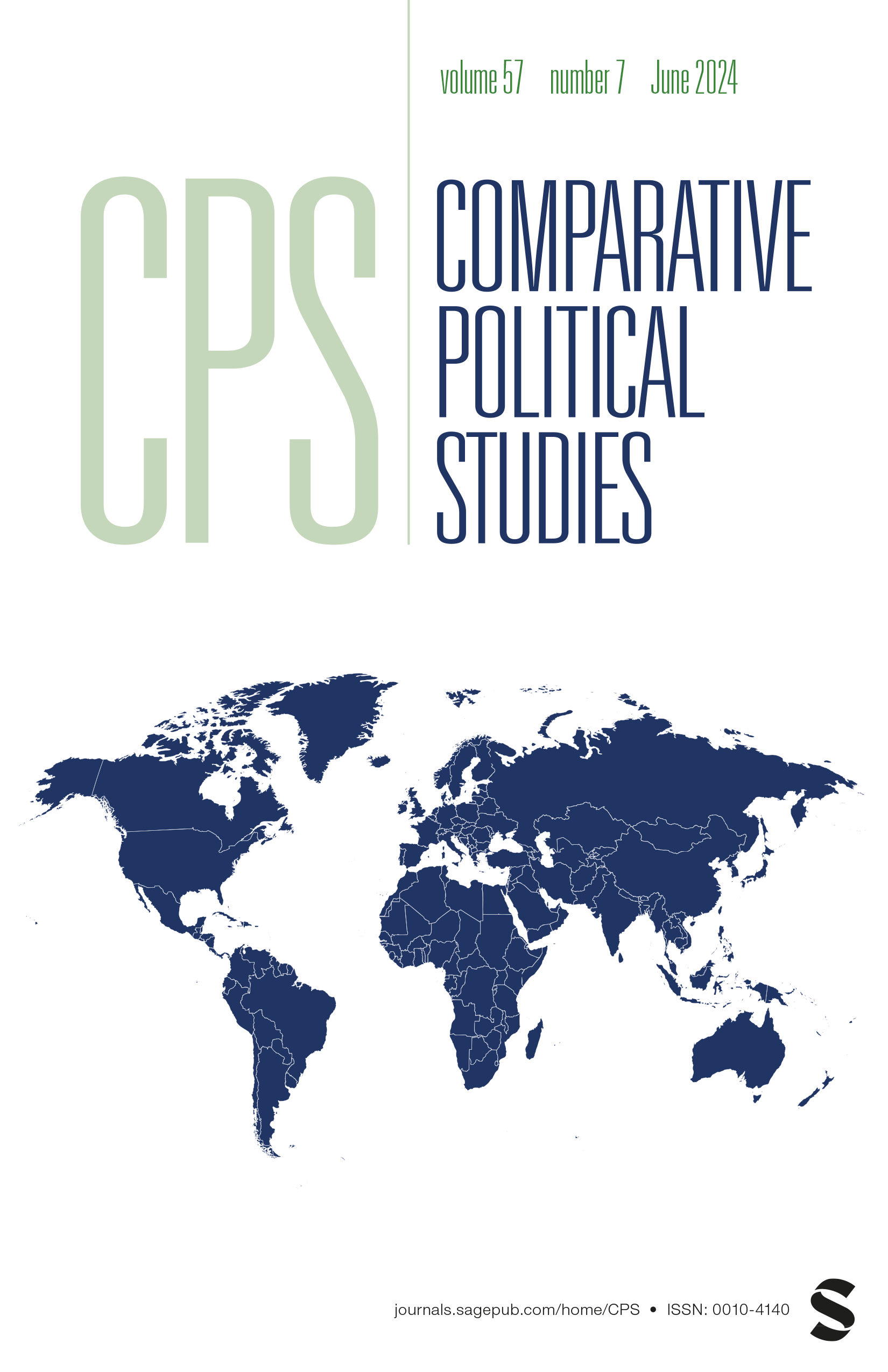移民、社会汇款与财政政策偏好:来自墨西哥的实验证据
IF 3.4
1区 社会学
Q1 POLITICAL SCIENCE
引用次数: 0
摘要
移民如何影响移民输出国的税收优惠?在高税收能力的目的地体验公共服务可能会减少对增税的支持,因为这将使国内的财政失败暴露无遗(社会化假设)。或者,移徙者被排除在某些公共服务之外可能会增加为移徙者原籍国的这些服务提供资金的愿望(排除假说)。我们通过在墨西哥进行的在线调查实验检验了这些相互竞争的假设,并探讨了移民家庭财政政策偏好对美国医疗保健获取的影响。移民家庭,尤其是那些有返乡移民成员的移民家庭,在税收被指定用于医疗保健时,更支持税收,因为许多在美国的墨西哥移民无法享受医疗保健服务。影响移民原籍国财政政策偏好的是移民被排斥在目的地国的财政契约之外,而不是他们被融入其中。本文章由计算机程序翻译,如有差异,请以英文原文为准。
Emigration, Social Remittances and Fiscal Policy Preferences: Experimental Evidence From Mexico
How does emigration affect tax preferences in migrant-sending countries? Experiencing public services in a high tax-capacity destination may reduce support for tax increases by throwing fiscal failure at home into stark relief (the socialization hypothesis). Alternatively, migrants’ exclusion from certain public services may increase desire to fund these services in migrant origin countries (the exclusion hypothesis). We test these competing hypotheses with an online survey experiment in Mexico and explore variation in US healthcare access on fiscal policy preferences of migrant households. Migrant households, especially those with returned migrant members, are more supportive of taxation when tax revenue is earmarked for healthcare, a service to which many Mexican immigrants in the US lack access. It is migrants’ exclusion from, rather than their socialization into, the fiscal contract in destination countries that influences fiscal policy preferences in their countries of origin.
求助全文
通过发布文献求助,成功后即可免费获取论文全文。
去求助
来源期刊

Comparative Political Studies
POLITICAL SCIENCE-
CiteScore
8.40
自引率
4.00%
发文量
69
期刊介绍:
Comparative Political Studies is a journal of social and political science which publishes scholarly work on comparative politics at both the cross-national and intra-national levels. We are particularly interested in articles which have an innovative theoretical argument and are based on sound and original empirical research. We also encourage submissions about comparative methodology, particularly when methodological arguments are closely linked with substantive issues in the field.
 求助内容:
求助内容: 应助结果提醒方式:
应助结果提醒方式:


